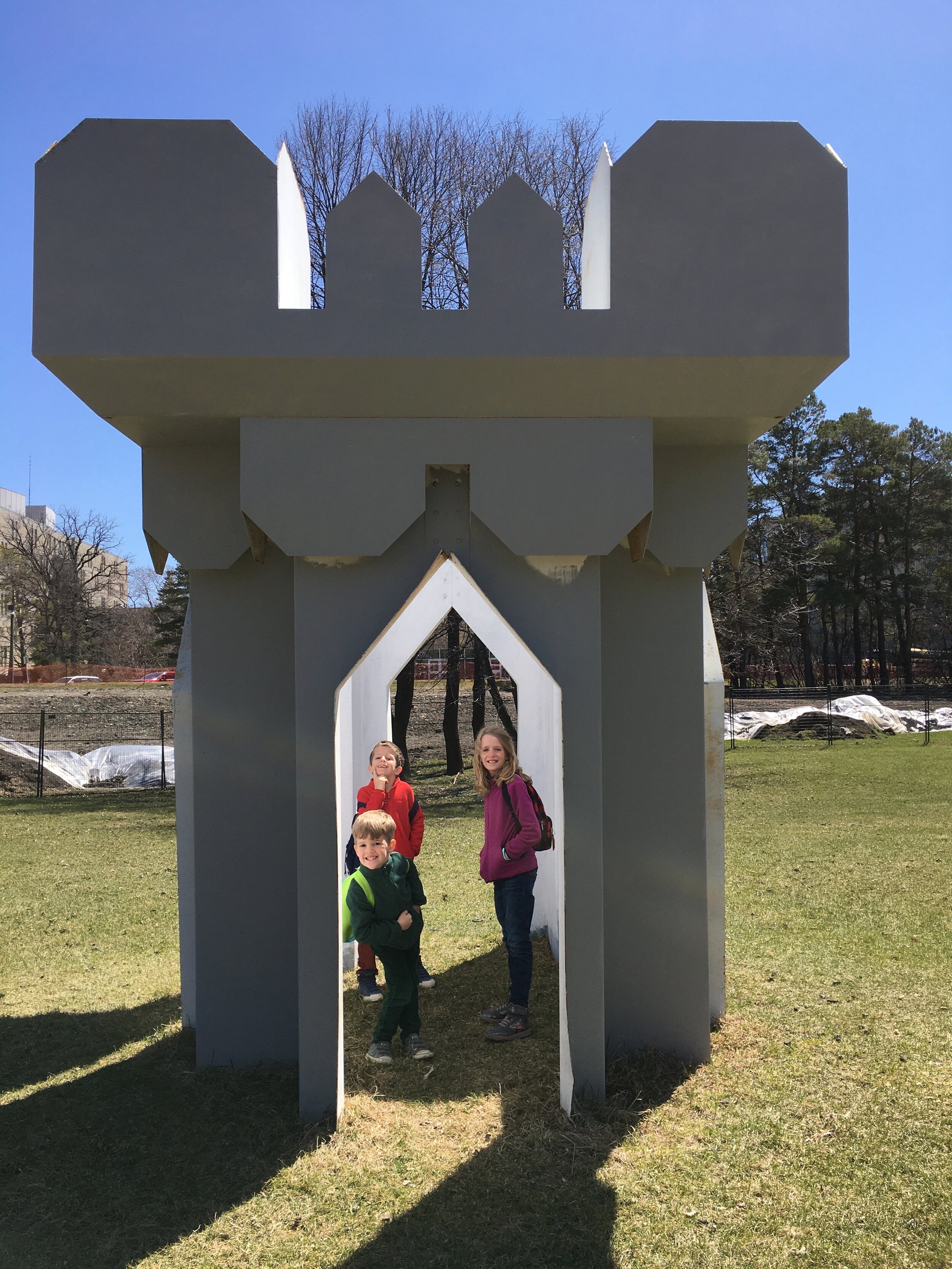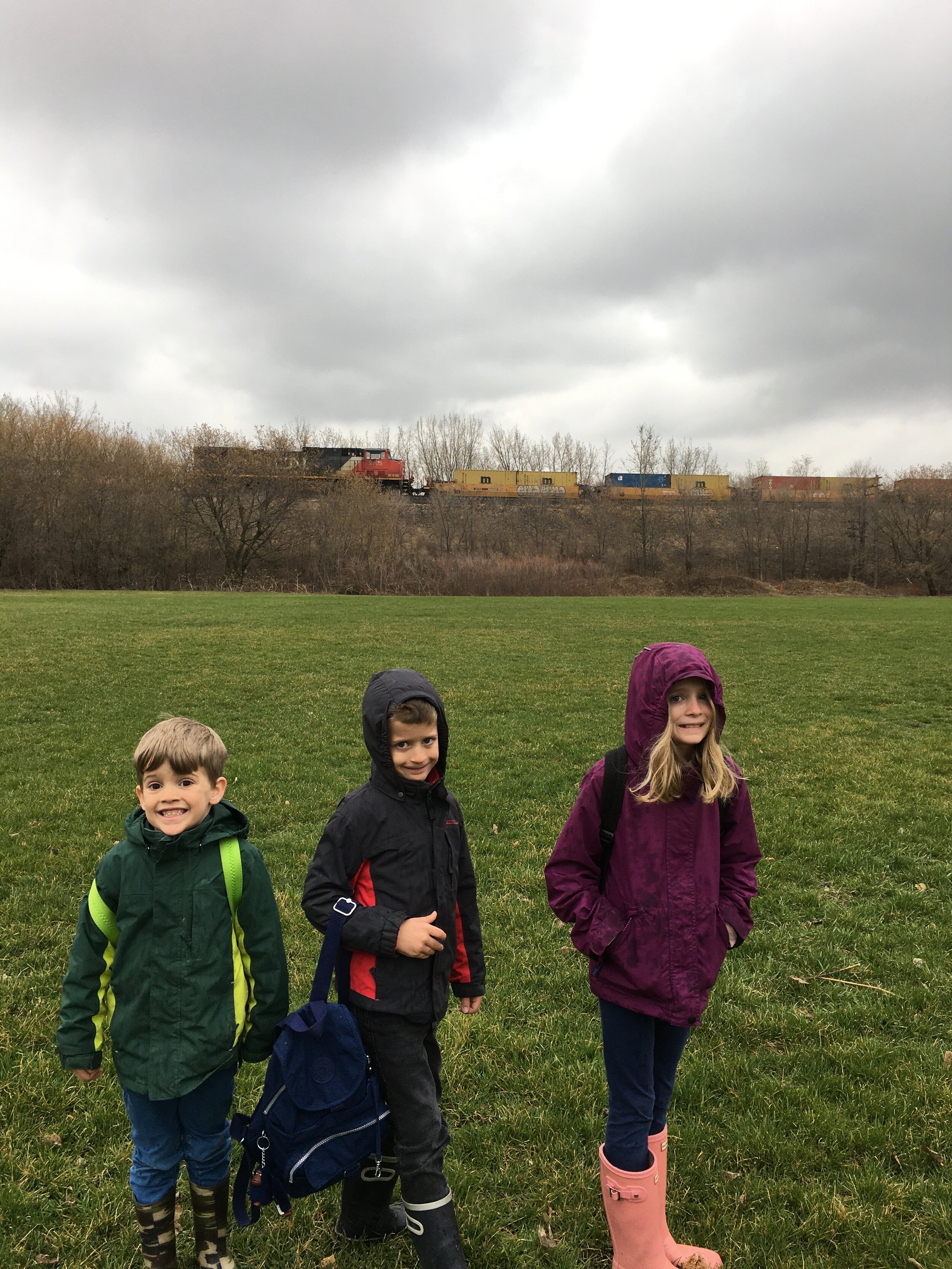How do you frame a blog post on the subject of racism? I don't know. I've been mulling over this for weeks, struck by how silence is unacceptable, how a show of solidarity on social media is insufficient, and how people who are white like me set out actions like a to-do list: books to read, charities to donate to, Black businesses to support. I don't think any of this is wrong. But I drag my feet. I drag my feet not out of reluctance, but because I feel like I need a minute, a minute so I can be thoughtful about this.
Change annoys me. Kids are going to be home forever? Give me a few weeks. We should eat more vegetarian meals? I need a year to turn that menu plan around.
Years ago, a reporter on their way out of an office where I worked asked if I wanted to record a thought about some issue in the community that seemed unfair at the time. He pressed record on the device and held the mic up to my mouth. I opened it and mustered: “It’s terrible!” See why I need a minute?
This moment feels like an exam. The answers are quickly becoming a clichéd language everyone is using. Writers have to find ways of bringing meaning back in.
The problem with developing events is that they are just that... developing. How do you write an introduction, an argument in three parts and a conclusion when the conclusion is not arrived at yet? Historians are not journalists. But historians can look into the past to understand some of the why in the now. In Canadian Studies, this has been the case for our country’s racism toward First Nations. Gary Younge wrote in The Guardian:
“I’ve never found it particularly useful to compare racisms, as though one manifestation might be better than another. Every society regardless of its racial composition has overlapping and interweaving hierarchies. Insisting on a superiority of one over the other suggests there are racisms out there worth having, a race to the bottom with no moral center.”
This month’s focus on racism toward Black people is a chance to examine racism full stop. In my case, I have to confront my own (particularly Canadian) disbelief. A recent re-broadcast episode of Cited included an interview with activist Desmond Cole. About disbelief, he said:
“That is what white supremacy does, it looks at violence against Black people, whether it be in the education system, in the prison system, policing, in the workplace and it says ‘uh, I don’t know. I’m not convinced that this is is as bad as you say it is…’ (…) If we were being believed, we wouldn’t be having this conversation, but our history would also look very different if Black people were believed.”
The enormity of the problem that we have as a society boggles the mind and challenges any effort of mine to find a solution. But looking for solutions, in a mad dash effort to absolve ourselves of the humiliation we feel for the biases we hold unknowingly cannot sustain change, even if all the efforts are well-intentioned. It feels silly to try and demonstrate here, as Kate Baer wrote on Instagram, a “pledge (of) allyship when our IRL actions are so easily unchecked.” If we are good, we hold within ourselves a high ideal, nurtured by faith or belief, like Augustine of Hippo who said: “...among these shocking conditions, there is only one remedy: do not think ill of your brother. Strive humbly to be what you would have him be; and you will not think that he is what you are not.”
It is not enough to profess an ideal, however much one strives toward it. Therefore, if these demonstrations are a symptom of change to come, then I hope not to stand in its way, not to impede its process, not to fight against the dawn of a new day.















